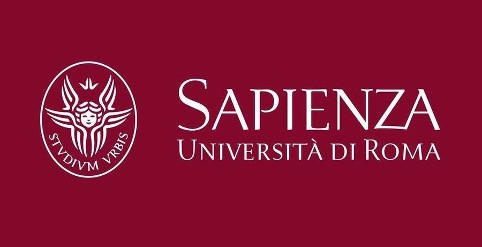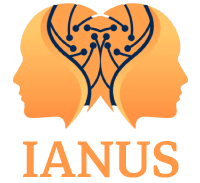Founded in 1303, Sapienza is the oldest university in Rome and among the oldest in the world. With a student population of more than 120.000, it is also the largest university in Europe by number of students. The university’s focus is multiple as it offers more than 300 bachelor’s and master’s programs across 58 departments and 11 faculties, ranking among the world’s top 50 universities for the subject areas of Classics & Ancient History and Physics & Astronomy, and in the top 100 for Engineering & Technology and Social Sciences. Sapienza pursues a mission to contribute to the development of knowledge in society through research, excellence, quality education, and international cooperation, which are reflected in the university’s internationally acknowledged high academic standards and research outputs.
In IANUS, Sapienza is represented by the Department of Communication and Social Research (CoRis), which was founded in 2010 from the merge of the Departments of Social Research and Social Methodology (RISMES) and that of Sociology and Communication (DISC). The latter especially is the scientific heir to Sapienza’s Institute of Sociology, founded by sociologist Franco Ferrarotti more than 50 years ago. The Department promotes and coordinates teaching and research activities in the various areas of sociology, human sciences, and media studies with high-level results both nationally and internationally.
Sapienza’s expertise in both social sciences and technology goes hand in hand with IANUS’ goal to cultivate appropriate trust in science and innovation at a systemic level, through institutional participation and cooperative co-development processes. That is because, to cultivate well-placed trust between science and society, it is imperative to strengthen high standards of research integrity and open science fostered by conducive institutional governance arrangements and policy environments, while also strengthening citizen and civil society’s involvement and co-ownership in co-creating R&I to make research more relevant and responsive to society.
As leader of WP7, Sapienza will especially coordinate the communication and dissemination plans. will establish extended networking links with ongoing SwafS projects and newly funded WIDERA products to maximize exposure of the project’s outputs to comments and input and to keep track of related developments and efforts. Representatives will be invited to join the final project conference (at least 100 participants are envisioned).
Impact monitoring will allow qualitative and quantitative measurement of the project research and dissemination impact by searching and measuring references to output (DOI-based). Altmetric tools will help monitor these conversations. In addition, detailed indicators for communication and dissemination activities will be developed and monitored, to evaluate and adapt the IANUS strategy along the way during the project.
It will promote researchers’ ability to conduct relevant, engaged and value-driven research while foregoing partiality, ideological biases, and conflicts of interests by promoting creative methodological innovations in research and deliberative methods for reflection on the role of science in the 21st century. The goal is to produce positive change by developing policy guidance and recommendations and implementing innovative means of communication and education. Societal stakeholders will be empowered to deal with the uncertainties and epistemic pluralism inherent in scientific knowledge, while researchers will be enabled to foster trust in science through radical methodological change, making research inclusive, transparent and responsive to societal needs and concerns, thus lowering the barriers between researchers and stakeholders.

